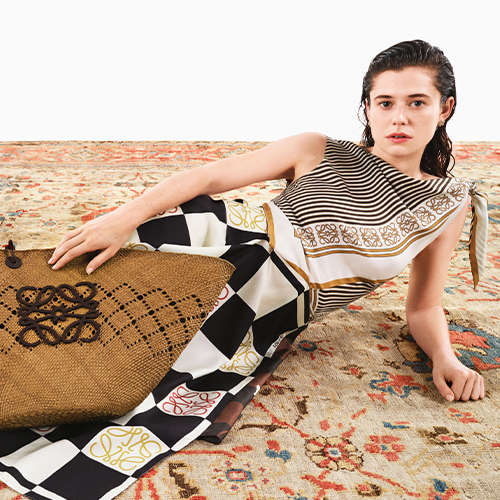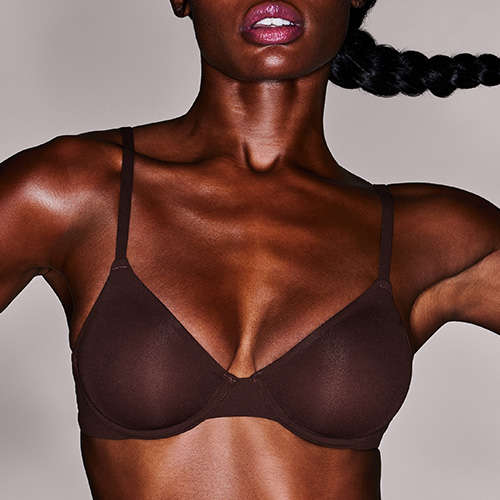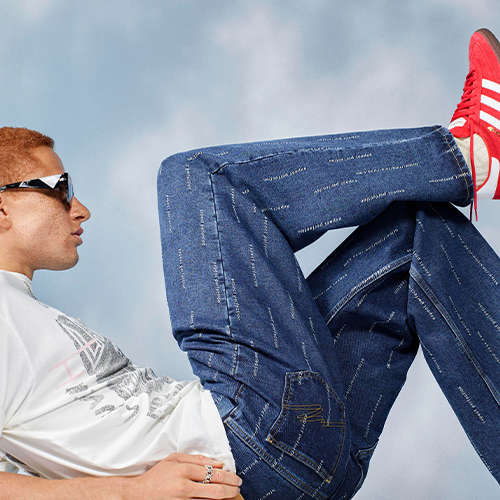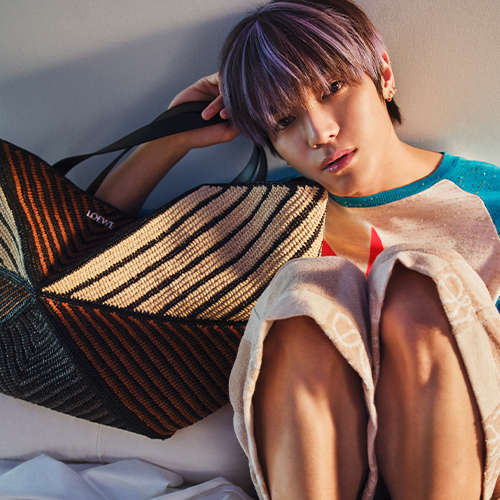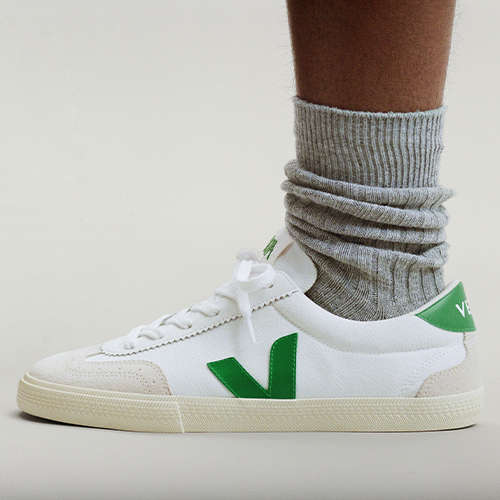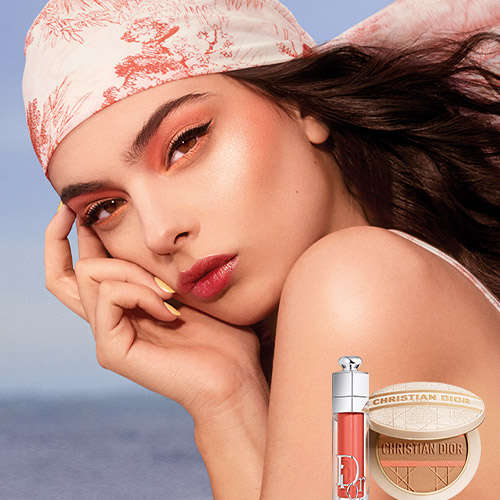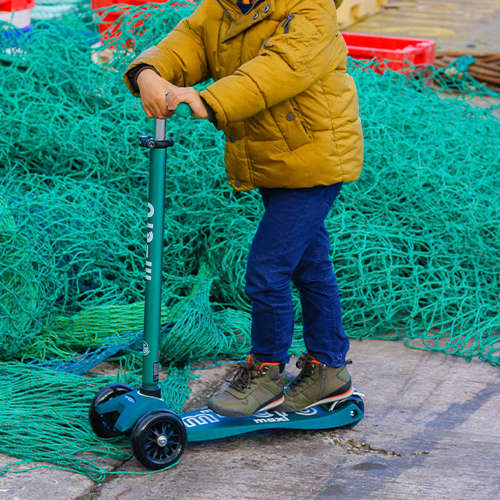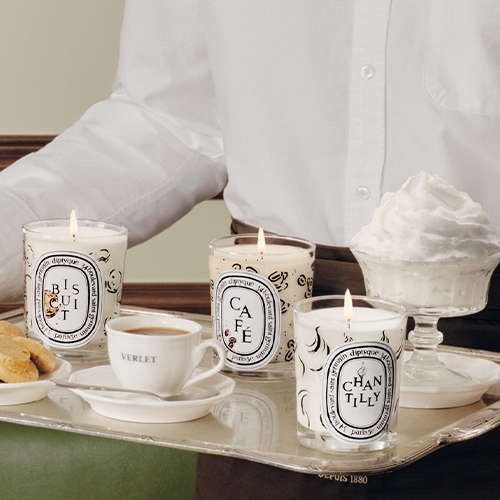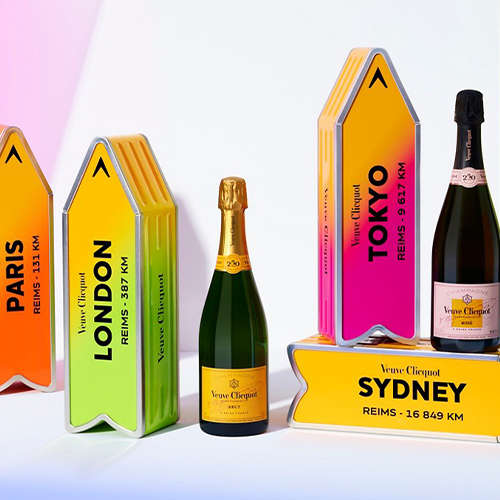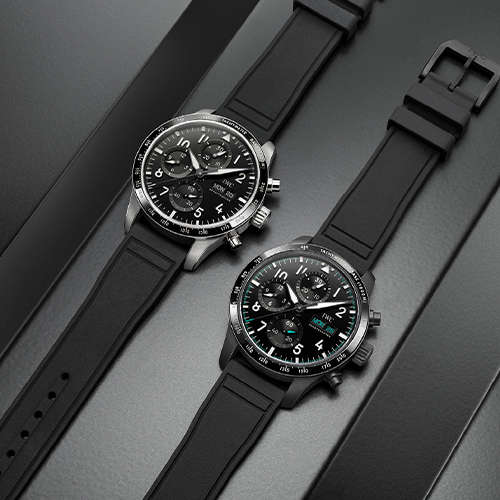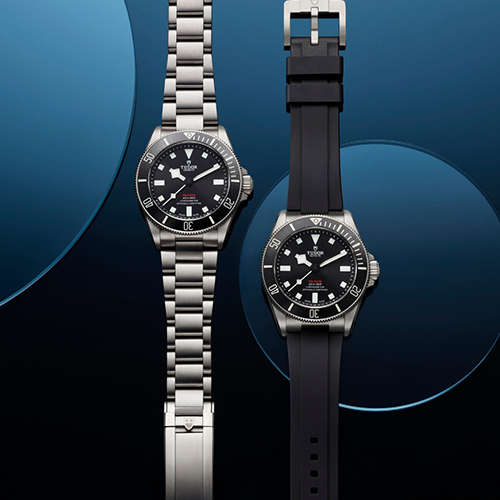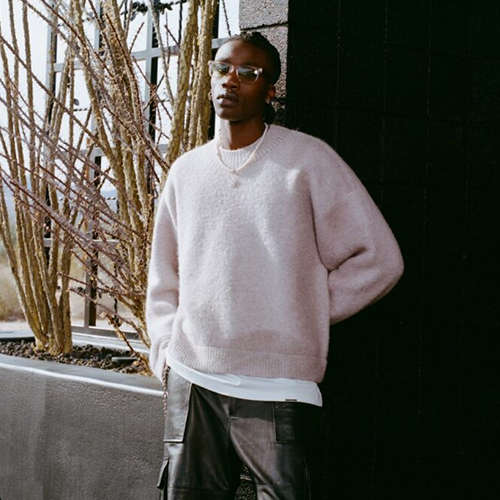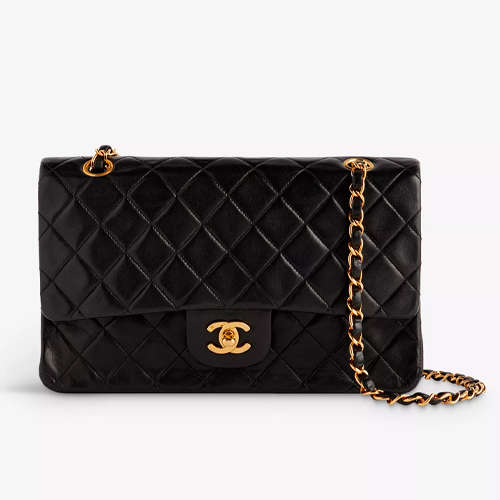- Australia / AUD $
- Canada / CAD $
- China / CNY ¥
- France / EUR €
- Germany / EUR €
- Hong Kong SAR China / HKD $
- Ireland / EUR €
- Italy / EUR €
- Japan / YEN ¥
- Kuwait / USD $
- Macao SAR China / HKD $
- Netherlands / EUR €
- Qatar / USD $
- Saudi Arabia / USD $
- Singapore / SGD $
- South Korea / KRW ₩
- Spain / EUR €
- Taiwan / TWD $
- United Arab Emirates / USD $
- United Kingdom / GBP £
- United States / USD $
- Not yours? Read more
Tell us what you think
Shop in your local currency and language
You are currently in United Kingdom GB / GBP £ store
- English
- English
- English
- English
- English
- English
- English
- English
- English
- English
- English
- English
- English
- English
- English
- English
- English
- English
- English
- English
- English
Did you know that we deliver to 130 countries or regions and offer a range of delivery options to suit you wherever you are in the world? Find out more
Sign up once to our Selfridges+ service and you can enjoy unlimited deliveries wherever you are in the world. FIND OUT MORE
International delivery
With almost everything on selfridges.com available for International Delivery, you can send your order to 130 countries or regions around the world, including North America, Australia, the Middle East and China.
Although we only offer 20 currencies to browse in online, you can still deliver to all of the following countries or regions:
- Algeria
- Andorra
- Antigua and Barbuda
- Aruba
- Australia
- Austria
- Azerbaijan
- Bahrain
- Bangladesh
- Barbados
- Belarus
- Belgium
- Belize
- Bermuda
- Bolivia
- Botswana
- Brunei
- Bulgaria
- Cambodia
- Canada
- Cayman Islands
- Chile
- China
- Colombia
- Costa Rica
- Croatia
- Cyprus
- Czech Republic
- Denmark
- Dominica
- Dominican Republic
- Ecuador
- Egypt
- El Salvador
- Estonia
- Finland
- France
- French Guiana
- Germany
- Gibraltar
- Greece
- Grenada
- Guadeloupe
- Guatemala
- Guernsey
- Guyana
- Honduras
- Hong Kong
- Hungary
- Iceland
- India
- Indonesia
- Ireland
- Israel
- Italy
- Jamaica
- Japan
- Jersey
- Jordan
- Kazakhstan
- Kenya
- Kuwait
- Laos
- Latvia
- Lebanon
- Lesotho
- Liechtenstein
- Lithuania
- Luxembourg
- Macau
- Malaysia
- Maldives
- Malta
- Martinique
- Mayotte
- Mexico
- Monaco
- Montserrat
- Morocco
- Myanmar
- Namibia
- Netherlands
- New Zealand
- Nicaragua
- Nigeria
- Norway
- Oman
- Pakistan
- Panama
- Paraguay
- Peru
- Philippines
- Poland
- Portugal
- Puerto Rico
- Qatar
- Reunion
- Romania
- Rwanda
- Saint Kitts and Nevis
- Saint Lucia
- Saint Martin (French part)
- San Marino
- Saudi Arabia
- Serbia
- Singapore
- Slovakia
- Slovenia
- South Africa
- South Korea
- Spain
- Sri Lanka
- Suriname
- Swaziland
- Sweden
- Switzerland
- Taiwan
- Tanzania
- Thailand
- Trinidad and Tobago
- Turkey
- Uganda
- Ukraine
- United Arab Emirates
- United Kingdom
- United States
- Uruguay
- Venezuela
- Vietnam
FROM CARS TO COuture
Words: Chekii Harling
As part of Project Earth, our initiative to help change the way we shop, discover how six renowned designers created covetable fashion pieces using car manufacturing waste, as part of Hyundai Re:Style – available to shop exclusively at Selfridges.
As part of our Project Earth explorations into reimagining how things are made, we’ve teamed up with automobile manufacturer Hyundai to celebrate the latest cohort of renowned designers to take on the Hyundai Re:Style challenge. The task? To create beautifully bespoke fashion pieces from waste car-manufacturing materials. From Richard Quinn’s airbag corset printed with his signature florals to Alighieri’s delicate jewellery pieces fusing gold with deadstock foam and seat belts, each designer has taken on the task with flair, with all designs available to shop exclusively here at Selfridges and 100% of profits being donated to the British Fashion Council’s Institute of Positive Fashion.
Now, let’s meet the designers driving us towards a more sustainable future…

E.L.V. DENIM
Founded by Fashion Director Anna Foster in 2018, E.L.V. DENIM transforms unwanted pieces otherwise destined for landfill into modern designs on a zero-waste basis. “You just don’t think when you throw something away, ‘Where is ‘away’?” says Foster, drawing attention to the sheer amount of clothing that the UK sends to landfill. Designed and made in east London ateliers, E.L.V. DENIM keeps the carbon footprint of each denim piece to a minimum while championing local manufacturing. Environmental and social sustainability are at the heart of E.L.V. DENIM’s business.
For the Hyundai Re:Style 2020 collection, E.L.V. DENIM worked with car seat leathers, which had to be heated using natural oils and skived to reduce the thickness of the leather for wearability. They appliqued the brown leather in panels onto the denim to create 10 unique jumpsuits, with balloon sleeves and gathered hems and fastened with a belt ties and gold zips.
Working with Hyundai on this Re:Style project has allowed me to broaden the scope beyond denim and look to other industries for collaboration.
- Anna Foster (Founder, E.L.V. DENIM)


PUBLIC SCHOOL
Founded by Dao-Yi Chow and Maxwell Osborne in 2008, Public School’s designs blend references from music, art and culture with a focus on fabric, fit and attitude. The brand has its roots in New York, with both founders born and raised in America’s fashion capital. Public School’s aesthetic represents the restless energy of the city they live and work in through a fusion of casual tailoring, experimental-yet-streamlined cuts and streetwear pieces with political undertones.
“We’re building a B2B platform for designers and brands to discover more responsibly sourced textiles,” say the pair, who seized the Hyundai Re:Style 2020 project as an opportunity to collaborate with an industry outside of fashion. Their contribution saw the pair repurpose airbags to create a utility vest. “We envisioned which of the materials would work best with our silhouette while creating a piece with minimal waste,” say the pair. “The airbags possess a technical element, which we’re always drawn to.” The functional, utilitarian vest, complete with four pockets, features exposed appliqued details and seat-belt straps. “This kind of collaboration between industries is completely necessary,” said Dao-Yi Chow of the project.
We’ve stopped designing collections and are focusing on specific items, so we don’t make more than we need to.
- Public School

RICHARD QUINN
As one of the leading design talents in London right now, it’s no surprise that Richard Quinn’s designs have been worn by the likes of Beyoncé, Lady Gaga, and Amal Clooney. The womenswear designer, who graduated from Central Saint Martins in 2014, has gone from success to success ever since, with both the 2017 H&M Design Award and the 2018 Queen Elizabeth II Award under his belt.
“The Richard Quinn studio was built on the idea of community, and I have always been passionate about repurposing fabrics and encouraging sustainable techniques, so I’m excited to be working on a project with community and sustainability at the heart,” says Quinn. For the Hyundai Re:Style collection, Quinn created a floral corset with an 18th-century silhouette and hem using recycled airbag fabric, which he printed onto directly to create the blue-and-white floral pattern in keeping with his signature style.
I wanted to make this very hard and undesirable fabric into something really feminine.
- Richard Quinn
Discover more clothing and accessories consciously crafted from waste

pushBUTTON
Founded by Seung Gun Park, pushBUTTON is one of Seoul's most exciting unisex streetwear labels, designing an array of pieces that blur the lines between genders with their sporty silhouettes. “It’s been great to work with Hyundai, as, like us, they are on an ambitious sustainability journey,” says Gun Park, who, in response to the brief, created a waistcoat using Hyundai’s deadstock airbag materials. Keeping the airbag’s original stitching and ties to add detailing to the pockets, Park's design retains the airbag's original texture by deconstructing and reassembling it. “This is the coolest vest ever; the colouration is well balanced, and it really has a pushBUTTON feel – you could wear this on the street anytime,” says Park, who has been inspired to source waste materials from other industries following his participation in this project.
Hyundai, like us, are on an ambitious sustainability journey.
- Seung Gun Park

ALIGHIERI
Known for her artful gold-plated jewellery created using recycled precious metals, Alighieri’s feminine designs are inspired by Italian poet Dante Alighieri’s long narrative poem titled ‘Divine Comedy’. Starting the brand at a tough point in her life, Founder Rosh Mahtani, who previously studied French and Italian at Oxford University, found solace in Alighieri’s poem and the sculptural motifs it conjured up. The first jewellery designer to receive The Queen Elizabeth II Award for British Design, Mahtani puts sustainability at the heart of her work. “We don’t believe in seasonality or fast fashion at Alighieri; all our jewellery is created as forever pieces, each with its own story,” says the brand’s founder.
Handmade in London’s historic diamond district, Hatton Garden, Mahtani pieces are made from recycled, responsibly sourced materials. For Hyundai Re:Style, Alighieri has repurposed waste seatbelts. “I like to think of jewellery as armour; it protects you. And in that sense, I loved the idea of marrying the seatbelt material with the idea of protection,” says Mahtani. She fused the seatbelts with foam and her signature fluid gold, silver, bronze and freshwater pearls to create her four-piece collection for the project. “The foam chunks reminded me very much of the organic and imperfect shapes of the Alighieri aesthetic,” she says. From the seatbelt choker adorned with dainty pearls and gold droplet-shaped embellishments to the fine necklace underpinned by foam, these Alighieri pieces embody waste with worth.
ALIGHIERI x Hyundai Re:Style - The Tailisman woven, pearl and gold-plated bronze choker / ALIGHIERI x Hyundai Re:Style - The Fragmented Leone Medallion (coming soon) / ALIGHIERI x Hyundai Re:Style - Foam, gold-plated bronze and freshwater pearl necklace / ALIGHIERI x Hyundai Re:Style - The Talisman gold-plated and pearl bracelet
I think it’s so special to elevate these engineered materials into the realm of treasure…the glass is set in the same way as a diamond could be.
- Rosh Mahtani

ROSIE ASSOULIN
New-York based designer Rosie Assoulin produces 90% of her garments and accessories in the vibrant community of her home city as part of her commitment to sustaining local employment and championing local artisanal craftsmanship. Since founding her label in 2014, Assoulin and her team have been working to reduce their carbon footprint and partnering with suppliers who promote fair labour practices. “We want to design a future where our earth and its creatures live in harmony,” remarks Assoulin. “We don’t have all the answers, but we’re constantly learning in order to evolve.” For Hyundai Re:Style 2020, Assoulin transformed seatbelt webbing, carpet fabric and foam to create a tote bag featuring a perforated trompe l’oeil weave pattern. True to her signature sculptural accessories, Assoulin has used deadstock carpet fabric to add structure and texture to the functional bag and a seatbelt strap provides an alternative way to wear the item.
Prior to discovering the materials at her disposal for the project, Assoulin planned to create an “earthy, primal piece that juxtaposes with Hyundai’s precision, planning and use of modern technology”. However, inspired by the dense carpet fabric available, Assoulin changed her approach: “the use of non-traditional materials is very much in the Rosie Assoulin vocabulary”. This collaboration with Hyundai has highlighted that what items conventionally thought to be waste can be incredibly beautiful. “This process is best when diverse, distinct industries come together to challenge and provoke one another through collaboration,” says Assoulin.
Design with zero impact, or even better, design with the power to rejuvenate Earth is an aspiration we are all striving towards.
- Rosie Assoulin
RESELLFRIDGES: Discover our favourite pre-loved pieces
100% of the profits from the Hyundai Re:Style 2020 collection, available at Selfridges London and online, will be donated to the British Fashion Council’s Institute of Positive Fashion fund, an initiative designed to champion the environment, people, community and craftsmanship through collaboration and local action.

